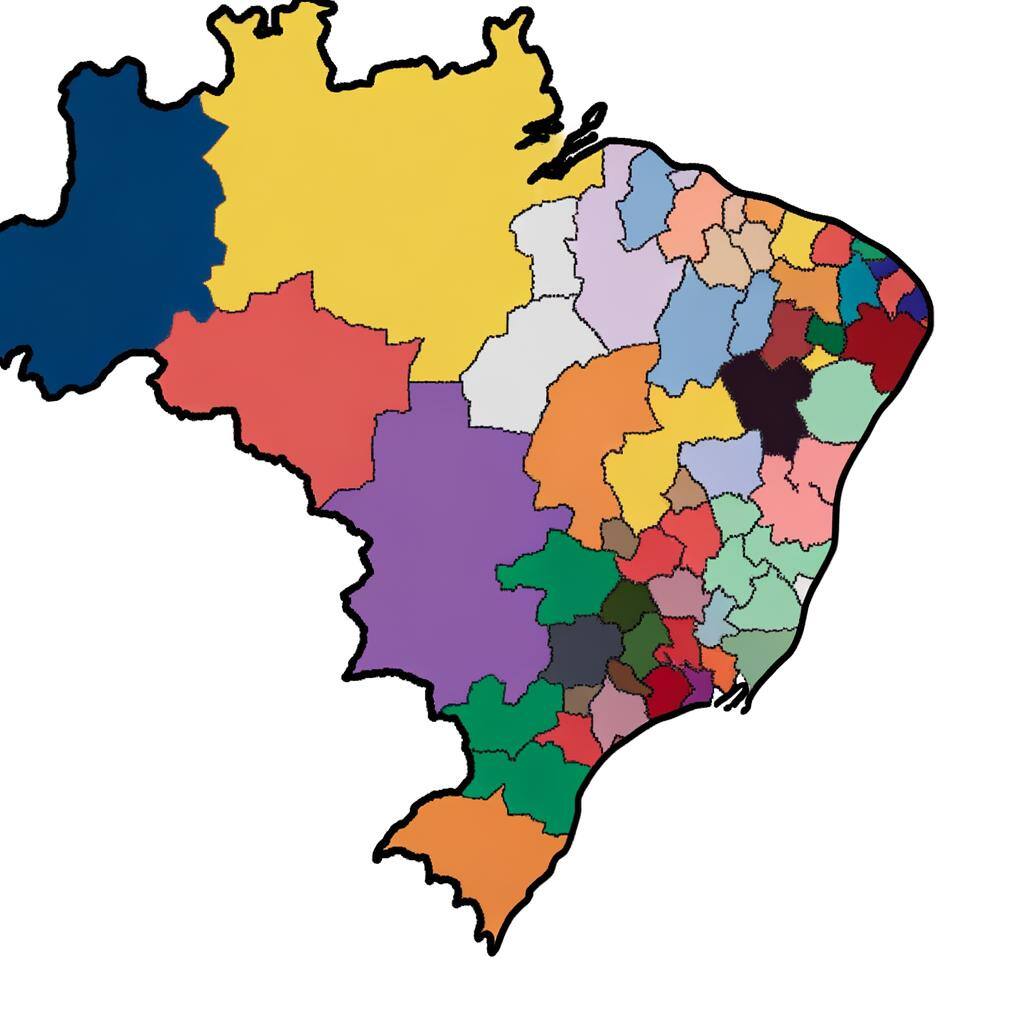Diving into Vocabulary Variances in Brazilian vs. Continental Portuguese
Culture • Jul 8, 2024 2:49:00 PM

Explore the fascinating world of vocabulary variations between Brazilian and Continental Portuguese in this insightful blog post.
Understanding the Historical Context
To truly understand the vocabulary differences between Brazilian and Continental Portuguese, it is important to delve into the historical context of the two variants. Brazilian Portuguese originated from the colonization of Brazil by the Portuguese in the 16th century, while Continental Portuguese refers to the variant spoken in Portugal and other Portuguese-speaking countries in Europe and Africa. Over time, these two variants have developed distinct vocabulary due to various factors such as regional influences, cultural differences, and historical events.
One interesting historical aspect is the influence of indigenous languages on Brazilian Portuguese. During the colonization period, Portuguese settlers interacted with indigenous populations, resulting in the adoption of words from native languages. This contributed to the enrichment and diversification of the Brazilian Portuguese vocabulary, setting it apart from its Continental counterpart.
Exploring Regional Influences on Vocabulary
Brazil is a vast country with diverse regional cultures and languages, which have had a significant impact on the vocabulary used in Brazilian Portuguese. Each region has its own unique vocabulary influenced by local dialects, immigrant communities, and historical factors. For example, the Northeast region of Brazil, with its strong African influence and historical ties to slavery, has a distinct vocabulary that reflects its cultural heritage. Similarly, the South of Brazil, with its strong European immigration, has incorporated words from Italian, German, and other European languages into its vocabulary.
In contrast, Continental Portuguese has been more influenced by European languages, particularly French and English. Due to its geographic proximity to other European countries, Portugal has historically had more contact with different cultures and languages, resulting in the adoption of foreign words into its vocabulary.
Highlighting Common Vocabulary Differences
While Brazilian and Continental Portuguese share many similarities, there are also notable vocabulary differences between the two variants. These differences can sometimes lead to misunderstandings or confusion when communicating between the two regions. Some common examples include:
- Vocabulary related to food: Brazilian Portuguese has borrowed many words from indigenous and African languages to describe local dishes and ingredients. Continental Portuguese, on the other hand, may use different terms or have a stronger influence from Mediterranean cuisine.
- Vocabulary related to clothing: Brazil's tropical climate and multicultural heritage have influenced the vocabulary used to describe clothing items. Continental Portuguese might use different terms or have a stronger influence from European fashion.
- Vocabulary related to everyday objects: Different regions may have different words to refer to everyday objects such as furniture, appliances, or transportation. These variations can be a result of regional influences or historical factors.
These are just a few examples of the vocabulary differences that exist between Brazilian and Continental Portuguese. It is important to be aware of these variations to communicate effectively in both contexts.
Discussing Slang and Colloquial Expressions
In addition to the formal vocabulary differences, Brazilian and Continental Portuguese also have variations in slang and colloquial expressions. Slang words and phrases are commonly used in informal conversations and can differ greatly between the two variants. These linguistic nuances reflect the cultural and social differences between Brazil and Portugal.
For example, in Brazil, the word 'legal' is often used to mean 'cool' or 'awesome,' while in Portugal, 'fixe' is more commonly used. Similarly, the word 'carro' is used to refer to a car in Brazil, whereas in Portugal, the word 'automóvel' is more commonly used. These differences in slang and colloquial expressions contribute to the richness and diversity of the Portuguese language across different regions.
Examining the Impact of Globalization on Portuguese Vocabulary
Globalization has had a significant impact on the Portuguese language, influencing vocabulary in both Brazilian and Continental Portuguese. With the increasing interconnectedness of the world, new words and expressions from different languages and cultures have been adopted into the Portuguese vocabulary.
In Brazil, the influence of English has been particularly strong with the rise of technology, entertainment, and international business. Many English words and expressions have been assimilated into Brazilian Portuguese, especially in urban areas and among younger generations. In contrast, Continental Portuguese has been more influenced by French, given the historical ties between Portugal and France.
Furthermore, the internet and social media have accelerated the spread of new words and expressions, creating a globalized Portuguese vocabulary that transcends regional boundaries. This phenomenon has both enriched and challenged the Portuguese language, as it continues to evolve and adapt to the demands of a globalized world.
